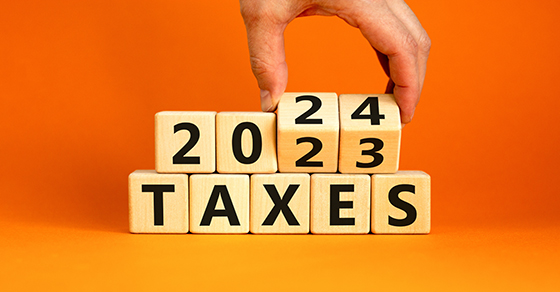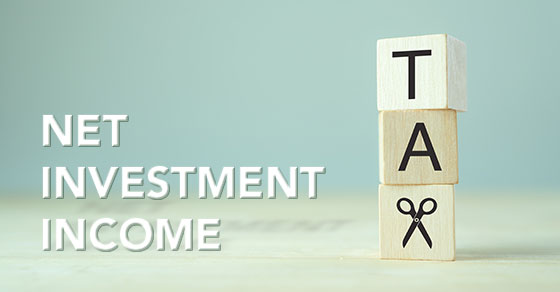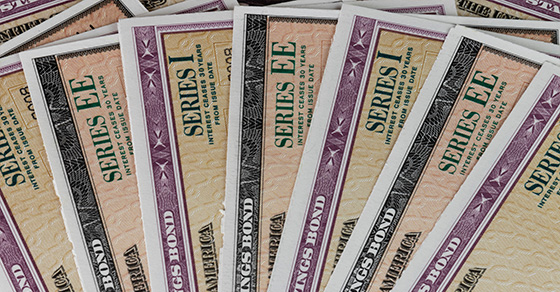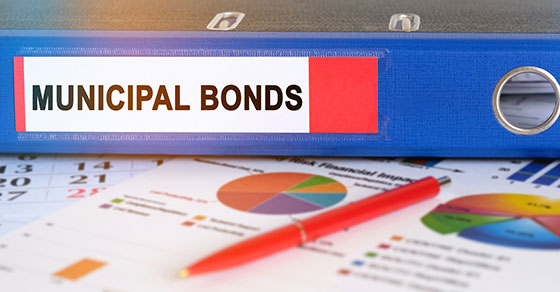
The IRS recently announced various 2024 inflation-adjusted federal tax amounts that affect individual taxpayers.

The IRS recently announced various 2024 inflation-adjusted federal tax amounts that affect individual taxpayers.

If your investments have fluctuated wildly this year, you may have already recognized some significant gains and losses. But nothing is decided tax-wise until year end when the final results of your trades will reveal your 2023 tax situation. Here’s what you need to know to avoid tax surprises.

If you’re planning your estate, or you’ve recently inherited assets, you may be unsure of the “cost” (or “basis”) for tax purposes.

High-income taxpayers face a regular income tax rate of 35% or 37%. And they may also have to pay a 3.8% net investment income tax (NIIT) that’s imposed in addition to regular income tax. Fortunately, there are some ways you may be able to reduce its impact.

If you’re a crypto investor or user, you may have noticed something new on your tax return this year. And you may soon notice a new form reporting requirements for digital assets.

Have you bought stock in a company that later dropped in value? While you may prefer to forget such an ill-fated investment, at least you can claim a capital loss deduction on your tax return. Here are the rules that apply when a stock you own is sold at a loss or becomes completely worthless.

If you’re thinking about selling stock shares at a loss to offset gains that you’ve realized during 2022, it’s important to watch out for the “wash sale” rule.

The overall stock market has been down during 2022 but there have been some bright spots. As year-end approaches, consider making some moves to make the best tax use of paper losses and actual losses from your stock market investments.

Many people have savings bonds that were purchased many years ago. Perhaps they were given to your children as gifts or maybe you bought them yourself. You may wonder how the interest you earn is taxed. And if they reach final maturity, what action do you need to take to ensure there’s no loss of interest or unanticipated tax consequences?

If you’re interested in investing in tax-free municipal bonds, you may wonder if they’re really free of taxes. While the investment generally provides tax-free interest on the federal (and possibly state) level, there may be tax consequences. Here’s how the rules work.
